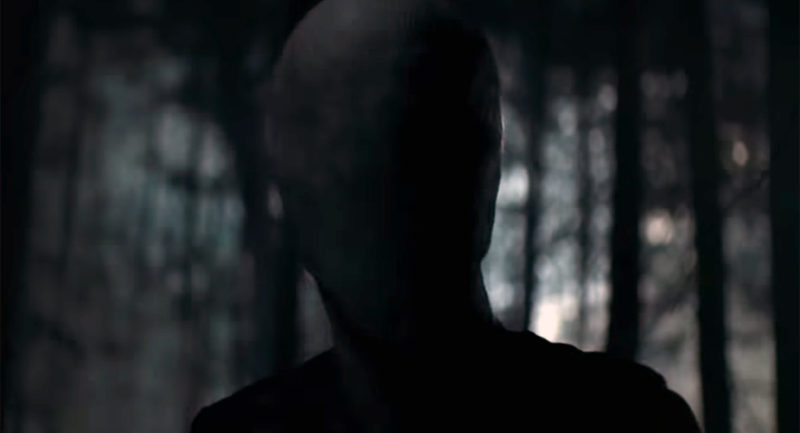As someone with an undergrad in archaeology, which was populated by a chunk of anthropology courses, I have a deep fascination with how the supernatural evolves in pop culture.
And, in fairness, given the rise of creepypastas — uncanny internet tales — from pop culture.
I’ve had the opportunity to listen to lectures about horror films and their roots in social-political strife. One great lecture, given by Rue Morgue editor Andrea Subissati at FanExpo one year, was on the racial issues surrounding how zombies of now — the shambling messes that devour living flesh — are a far reach from the Vodou beliefs of yore. (If you haven’t listened to her podcast, The Faculty of Horror with partner-in-crime, Alexandra West, I suggest you do).
Of course, witnessing the evolution of zombies from those entrenched in the deep state of sleep as opposed to carnivorous ghouls is a play on our fears of some biological entity sending our unstable civilization into a downward spiral.
Much like the shepherd’s crook of the Ebola virus.
So, you may wonder why there are reviews of books, films, and video games on this website that is trying to compile supernatural phenomenon from across Canada.
Outside of the obvious answer of quick content, it’s because the main purpose of this website is to present how our perceptions, as Canadians, shape media. If we look at the countless Canadian films like The Brood, Videodrome, Slither as well as some Canadian TV series, Poltergeist: The Legacy we see that Canadians are intrigued by the supernatural.
In conversations with friends and colleagues, there is an appetite for all things supernatural, especially during this festive time of year.
Many Canadian tales do permeate into pop culture, and many Canadian ghost stories follow the necessary tropes that afflict the horror or sci-fi genres
Take for example Falcon Lake. Or even the wendigo tale from Fort Kent, where Doctor Thomas Burton went a little mad.
We all go a little mad sometimes, as Anthony Perkins put it in Psycho.
These are stories I would like to share. Perhaps dig deep into the annals of Southern Ontario and Alberta to uncover lost stories and in turn, explain how they’ve helped shape us as a culture.
Some cultures are immersed in the storytelling of their myths, such as Japan, India and England. The belief might have vacated the narrator’s mindset, but the stories are still shared. Still brewing. And yes, still evolving.
America is rife with supernatural mysteries. Almost every major city south of our border has at least two or three supernatural stories to share. I think that’s just part of the believer culture the United States emotes.
It’s also a culture born out of violence and fear. The United States has seen far more bloodshed on its soil than Canada, and that’s reflected in our cultural subtexts. Perhaps the fear is why we’re seeing a revival of supernatural horror. Or perhaps it’s just the studios capitalizing on what’s the joie de vivre.
Our responses to what scared us in the past have also changed. Dracula has been romanticized and is no longer the villain he once was. And with the Frankenstein’s monster, a lot of people are all the feels for him.
The Mummy has been explained away. The Creature from the Black Lagoon has been caught and studied and other aberrations from the Universal Monster world have been rendered impotent.
Victorian ghost stories of unfinished business are met with a sigh and a, “Really, I have to do more work just to get rid of you? As if.”
Our new monsters have become doctors with a penchant for sewing people together, nurses who butcher and demonic nuns.
What makes us afraid isn’t necessarily intangible. It’s more uncontrollable. Given the volatility in the world, the monsters we now face are in positions of power and threaten to destabilize the social and economic foundations that have been created late in the 20th century.
Thus, the creepypasta world continues to evolve emerge and provide us with the slew of new monsters, those who have passed Universal and the 1980s slasher fiends.
Slender Man, the Rake and Funnymouth … all new monsters, and pure insight into our fears and how myths continue to evolve.

